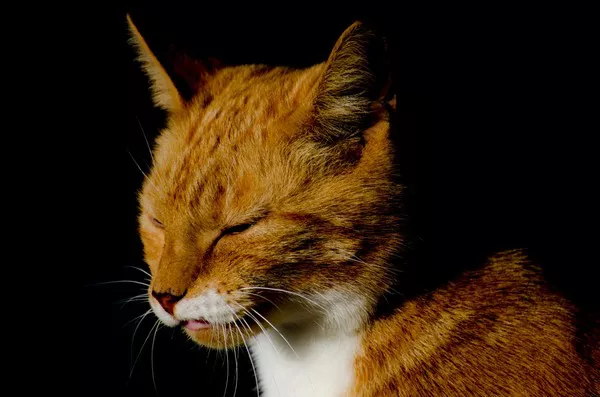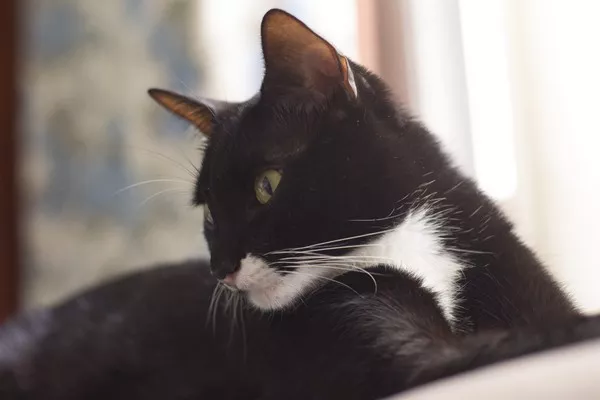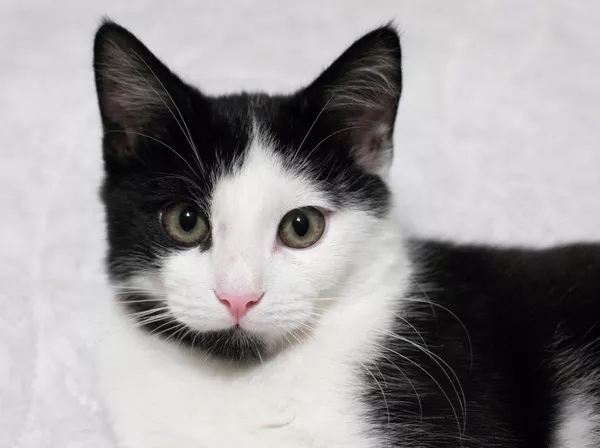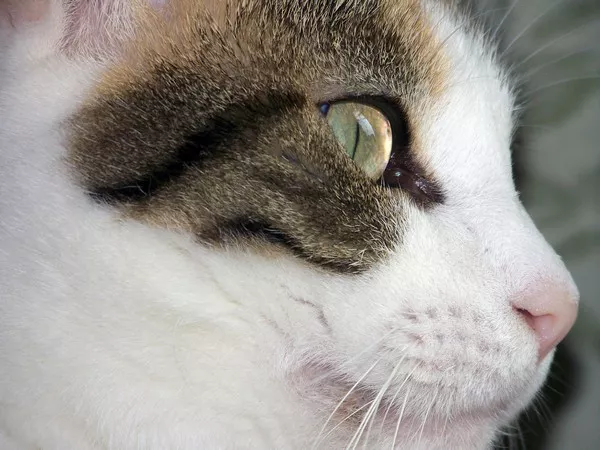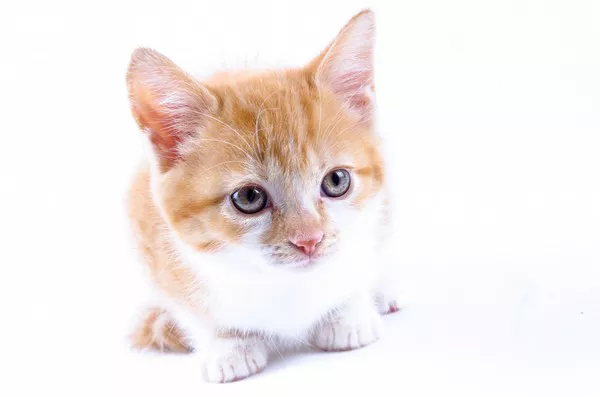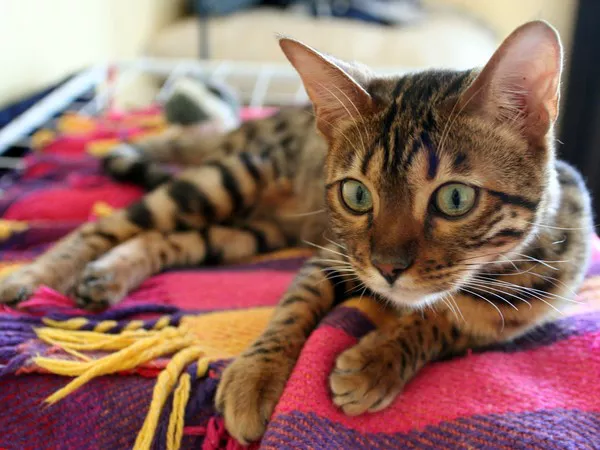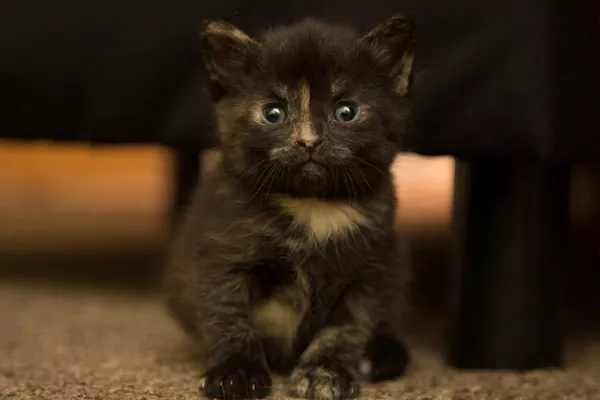As our beloved feline companions age, they become increasingly susceptible to a variety of health issues. Understanding these potential problems is vital for ensuring a high quality of life for older cats. This article will explore the common health issues that affect older cats, preventive care measures, recognizing signs of illness, and when to seek veterinary help. By being informed, cat owners can take proactive steps to manage their pets’ health and well-being.
Common Health Issues in Older Cats
1. Arthritis
Arthritis is one of the most prevalent health issues in older cats, affecting their joints and leading to pain and stiffness. This degenerative joint disease results in inflammation and a gradual breakdown of cartilage, making it difficult for cats to move comfortably.
Reduced Mobility: Older cats may become less active, preferring to stay in one spot rather than exploring their environment.
Difficulty Jumping: Cats may struggle to jump onto furniture or climb stairs, which were once easy tasks.
Reluctance to Play: A once-playful cat may show disinterest in toys and games due to joint pain.
Recognizing these signs early can lead to effective management strategies, including pain relief medications and adjustments to the home environment to make it easier for your cat to navigate.
2. Kidney Disease
Chronic kidney disease (CKD) is another common ailment in older cats, affecting their ability to filter waste products from the blood. As the kidneys lose function, toxins can build up, leading to a range of health issues.
Increased Thirst and Urination: Cats with kidney disease often drink more water and urinate more frequently as their kidneys struggle to concentrate urine.
Weight Loss: Despite a normal or increased appetite, many cats with CKD will lose weight as their bodies are unable to utilize nutrients effectively.
Bad Breath: A characteristic sign of kidney problems is foul-smelling breath, often described as having a “uremic” odor.
Regular veterinary check-ups can help detect kidney disease early, allowing for treatment options such as dietary changes and medications to manage the condition.
3. Liver Disease
Liver disease is another serious concern for older cats. The liver plays a crucial role in metabolism, detoxification, and the production of essential proteins. When it becomes diseased, a cat’s health can deteriorate rapidly.
Vomiting: Frequent vomiting can indicate liver problems, especially when combined with other symptoms.
Loss of Appetite: Cats may refuse to eat due to nausea or discomfort associated with liver disease.
Pale Gums: A cat’s gums may appear pale or yellowish, indicating jaundice—a common sign of liver dysfunction.
Prompt veterinary evaluation is essential if liver disease is suspected, as early intervention can significantly impact the prognosis.
4. Heart Disease
Heart disease is a significant concern for aging cats, with conditions such as hypertrophic cardiomyopathy (HCM) being particularly common. HCM involves the thickening of the heart muscle, making it harder for the heart to pump blood efficiently.
Coughing: While less common in cats than in dogs, coughing can indicate fluid buildup in the lungs due to heart failure.
Difficulty Breathing: Cats with heart disease may exhibit rapid or labored breathing, especially when at rest.
Lethargy: A noticeable decrease in activity levels and enthusiasm for play can signal underlying heart issues.
Regular veterinary check-ups that include heart health assessments are critical for early detection and management of heart disease in older cats.
5. Dental Issues
Dental health is often overlooked but is crucial in maintaining an older cat’s overall health. Periodontal disease, which is the inflammation of the tissues surrounding the teeth, is common in older felines and can lead to pain and discomfort.
Pain and Difficulty Eating: Cats with dental disease may have trouble chewing and may avoid their food altogether.
Bad Breath: Foul-smelling breath can indicate significant dental problems, including infections.
Routine dental check-ups and at-home dental care, such as brushing your cat’s teeth, can help prevent serious dental issues.
6. Cancer
As cats age, they become more susceptible to various forms of cancer, including lymphoma, squamous cell carcinoma, and mast cell tumors. Early detection is vital, as many cancers are more treatable in their early stages.
Lumps and Bumps: Unusual growths on the skin or beneath the surface can be indicators of cancer.
Weight Loss: Unexplained weight loss and changes in appetite can signal an underlying health issue, including cancer.
Changes in Behavior: Increased lethargy, withdrawal from social interactions, or unusual aggression can all point to health problems that require further investigation.
Regular veterinary examinations can help detect cancer early, improving the chances of successful treatment.
7. Constipation
Constipation is a common issue among older cats, often due to decreased activity levels, dehydration, or dietary changes. It can lead to discomfort and more severe health issues if not addressed.
Straining to Defecate: Cats may spend more time in the litter box without producing stool.
Hard Stools: The presence of hard, dry stools can indicate a problem and should be evaluated by a veterinarian.
A balanced diet high in fiber, adequate hydration, and regular exercise can help manage constipation in older cats.
8. Deafness
Deafness is another condition that can affect older cats. As they age, their hearing may diminish, leading to changes in behavior and communication.
Not Responding to Calls: An older cat may not react when called, especially if they previously did.
Being Easily Startled: Deaf cats may become easily startled by sudden movements or noises, indicating a change in their sensory perception.
While some degree of hearing loss is normal with age, sudden or complete deafness should be evaluated by a veterinarian.
Preventive Care and Management
Regular Vet Check-Ups
One of the most critical steps in managing the health of older cats is ensuring regular veterinary visits. These check-ups allow for early detection of health issues, routine blood tests, and screenings for common age-related conditions. Regular check-ups also provide an opportunity for pet owners to discuss any behavioral or physical changes they may have noticed in their cats.
Diet and Nutrition
A balanced diet is essential for maintaining the health of older cats. Pet owners should consider feeding their cats a diet specifically formulated for senior felines, which often includes lower calories, higher fiber, and adjusted protein levels to support kidney health. Cats with specific health issues, such as kidney or liver disease, may require specialized diets to manage their conditions effectively.
Exercise and Mobility
Gentle exercise is crucial for older cats to maintain muscle mass and joint health. Encouraging light play can help keep cats physically active without putting undue stress on their joints. Toys that stimulate mental engagement, such as feather wands or puzzle feeders, can provide both exercise and entertainment.
Comfort and Environment
Creating a comfortable home environment is vital for the well-being of older cats. This can include:
Soft Bedding: Providing soft, supportive bedding can help ease joint pain and promote better sleep.
Easy Access to Litter Boxes: Ensuring that litter boxes are easily accessible can prevent accidents and reduce stress.
Recognizing Signs of Illness
As pets age, it becomes increasingly important for owners to monitor their health closely. Recognizing early signs of illness can lead to timely intervention and better outcomes.
Behavioral Changes
Changes in behavior can indicate underlying health problems. Pet owners should watch for:
Increased Aggression: A typically gentle cat may become irritable or aggressive due to discomfort or pain.
Withdrawal: Cats that become less interactive or social may be experiencing health issues that require attention.
Physical Changes
Monitoring for physical changes is equally important. Signs to watch for include:
Weight Loss: Unexplained weight loss can indicate several health issues, including cancer, kidney disease, or diabetes.
Changes in Coat Condition: A dull, unkempt coat can signal nutritional deficiencies or health problems.
When to Seek Veterinary Help
If pet owners notice any signs of illness or unusual behavior in their older cat, they should seek veterinary help promptly. Early intervention is often key to successful treatment and management of health issues.
Certain situations require immediate veterinary care, including:
Difficulty Breathing: Any signs of respiratory distress should be treated as an emergency.
Severe Pain: If a cat appears to be in severe pain or distress, immediate veterinary attention is necessary.
Conclusion
In conclusion, as cats age, they face a variety of health challenges that can impact their quality of life. Being aware of common health issues, such as arthritis, kidney disease, liver disease, heart disease, dental issues, cancer, constipation, and deafness, is essential for every cat owner. Through regular veterinary check-ups, a balanced diet, gentle exercise, and a comfortable living environment, owners can significantly improve their older cats’ health and well-being. Monitoring for behavioral and physical changes will enable prompt intervention, ensuring that our feline companions enjoy their golden years with dignity and comfort. Ultimately, proactive care and attention to cat health are essential in navigating the complexities of aging in our beloved pets.
Related Topics

